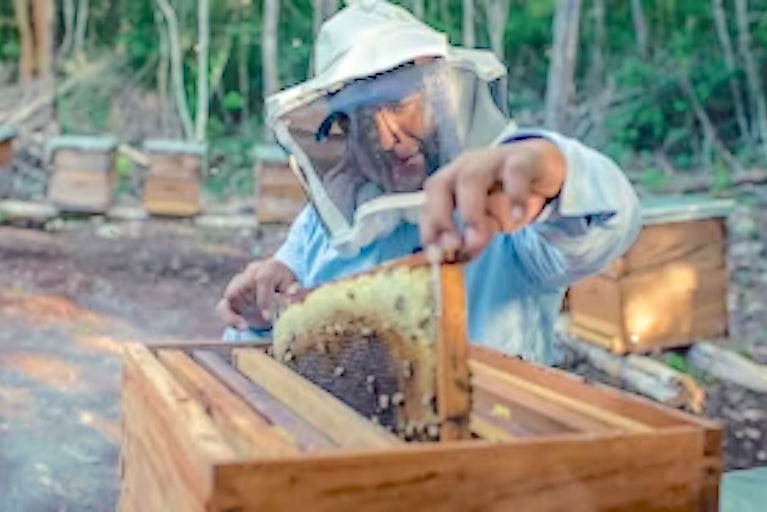
Heifer Regenerative Agriculture
Focusing on the following key principles, Heifer promotes regenerative agriculture and livestock value chains that are ecologically beneficial and transform food systems.
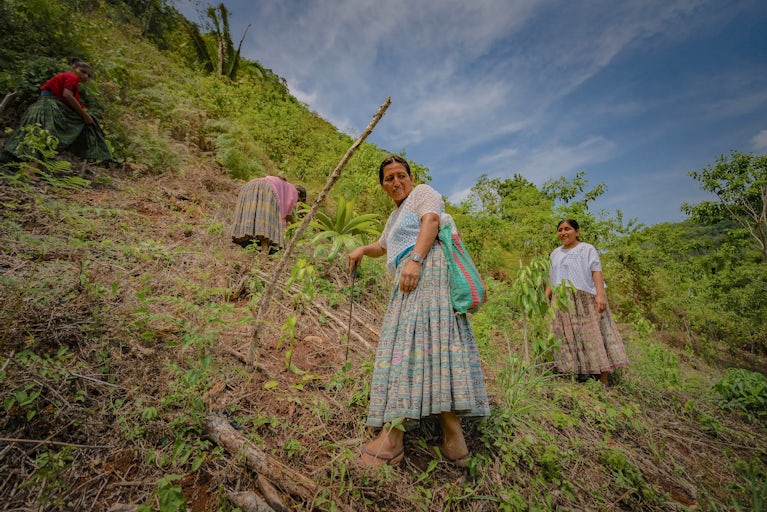

We work with producers to develop businesses that increase their incomes while caring for the Earth.

Gustavo A. Hernández Polanco, Country Director
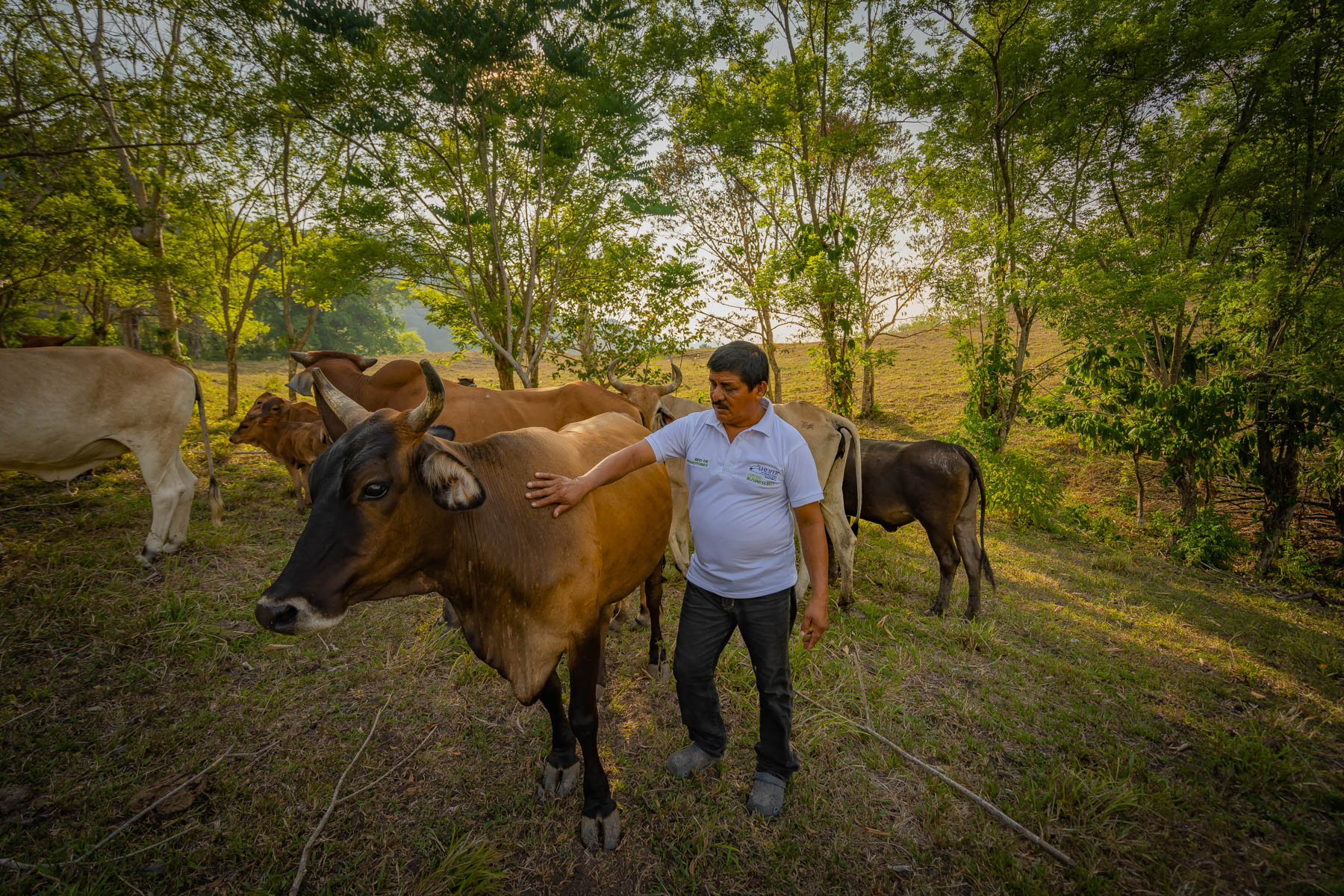
Guatemala’s mountainous landscape is one of the most biodiverse rainforest systems in Central America, and the country owes its name to a native Nahuatl word, cuauhtēmallān, which means “place of many trees.” Despite its rich biodiversity, many Guatemalans are food insecure. Although roughly one-third of Guatemalans are employed in agriculture, the country does not yet produce enough food to meet demand. More than 55 percent of the population lives in poverty and has limited access to food, health care, education and economic opportunities, with rural and Indigenous people particularly vulnerable.
Guatemala is regularly affected by climate shocks and extreme weather events, and its vulnerable population groups are most at risk of losing their livelihoods during such events. Smallholder agricultural producers are also impacted by droughts and changing weather patterns. In recent years, farmers desperate to make more land available for farming have engaged in logging and slash-and-burn practices that have a devastating effect on forest ecosystems.
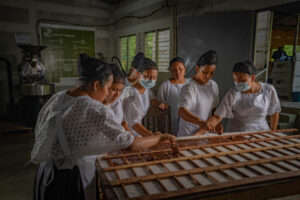
Heifer’s programs in Guatemala work with Indigenous communities and stakeholders — including local governments, community organizations and private companies — to support producers and producer organizations to increase their productivity and incomes and become more resilient to climate and economic shocks.
This work prioritizes technical assistance and practical agroecological farming practices that promote natural resource management, adding value to locally produced crops or products and adapting to a changing climate. Heifer supports farmers in Guatemala to process their spices, coffee, cacao and honey so they retain more of the value of their labor and earn a better income.
Our primary objective is helping families achieve a sustainable living income, our measure for the amount of money required for a decent life — including safe shelter, nutritious food, clothing, education and health care — while also reaching additional benchmarks for economic and climate resilience.
Year Heifer launched in Guatemala
Household participants in 2024
Household participants to date
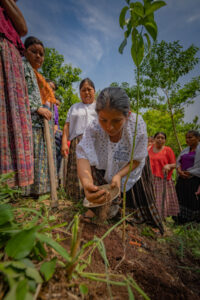
Heifer International’s work is organized at the country level into Signature Programs focused on large-scale, measurable and sustainable impact achieved by building partnerships at all levels. Each program supports farmers through time-bound projects designed to increase their household income.
Heifer’s Signature Program in Guatemala, Green Business Belt, works closely with farmers and rural entrepreneurs to identify the best opportunities to increase incomes and provides a range of technical assistance and business management training in collaboration with cooperatives, local governments, universities and research centers and other local, national and international actors. The program encourages environmental stewardship and economic prosperity to demonstrate a path toward a future in which communities thrive and aspire to a productive future on their ancestral lands.
Project Timeline: 2022–2025
The Building Climate Resilience in Supply Chains for the Mobilization of Adaptive Funding project focuses on strengthening agroforestry value chains in the Alta Verapaz and Izabal regions, with a focus on farmers cultivating cardamom, cacao and allspice. The aim is to mitigate and adapt to climate change, build a stronger local food system, and create an environment that will enable local entrepreneurs to do business.
With the support of the Global Environment Facility (GEF), Heifer is partnering with the Guatemalan and Honduran Ministries of the Environment to develop an Adaptation Equivalency Index (AEI), a metric that allows for evaluating and comparing the effectiveness of adaptation strategies. This tool can account for the work producers and farmers are taking to adapt to climate change and will enable smallholder producers and businesses to capture more value from their products by confirming the environmental impact of adaptive farming practices. The index will also support policy decisions and investment in adaptation and mitigation efforts.
Project timeline: 2020–2025
The Green Business Belt Project (GBBP) supports spice producers in Alta Verapaz with the development and processing of six spice value chains, including cardamom, black pepper, allspice, cinnamon, cloves and annatto.
The project encourages sustainable agroforestry practices, crop diversification and adds value locally to support producers to earn the best income possible from their crops. As a result, spice, cacao and coffee producer organizations and associations can scale their businesses with reliable production and sales processes.

Focusing on the following key principles, Heifer promotes regenerative agriculture and livestock value chains that are ecologically beneficial and transform food systems.
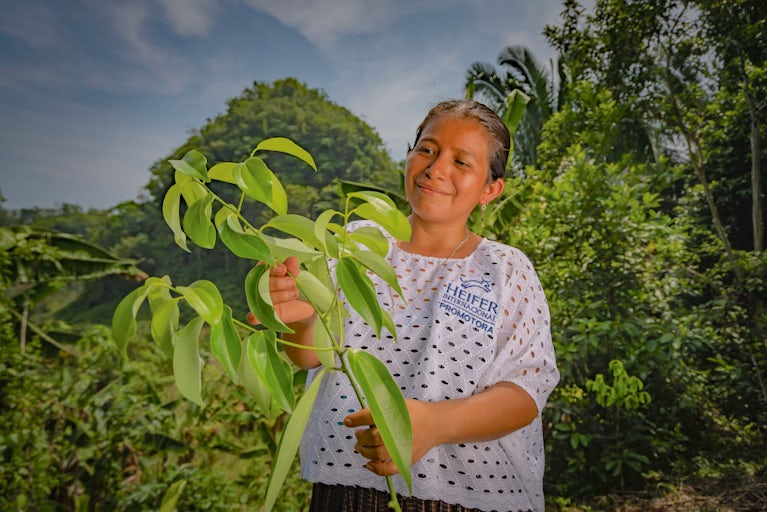
Melding the harmony of past and present, the ADIRA Cooperative empowers Guatemala’s heartlands, drawing vitality from its forests and the spirit of its people for a prosperous tomorrow.
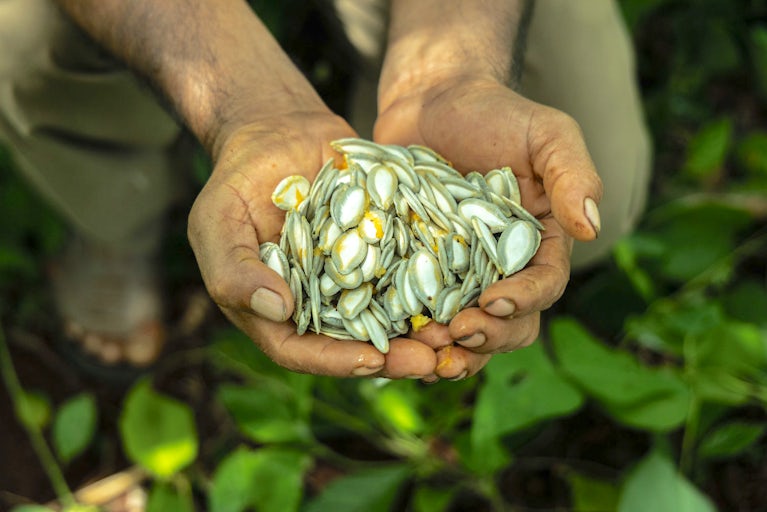
In the complex landscape of rural-urban migration, Heifer’s seed loans and seed-saving training offer compelling support for smallholder farmers to remain on their land.
Florinda Tzib Maaz, Project Participant
Cart is empty
Success!
Please be patient while we send you to a confirmation page.
We are unable to process your request. Please try again, or view common solutions on our help page. You can also contact our Donor Services team at 855.9HUNGER (855.948.6437).
Covering the transaction fee helps offset processing and administrative fees that we incur through taking payments online. Covering the transaction fee for each payment helps offset processing and administrative fees that we incur through taking payments online. Covering the transaction fee for each payment helps offset processing and administrative fees that we incur through taking payments online.
Success!
Please be patient while we send you to a confirmation page.
We are unable to process your request. Please try again, or view common solutions on our help page. You can also contact our Donor Services team at 855.9HUNGER (855.948.6437).
When you donate a gift to someone, you'll have the option to create a free card after your donation is complete.
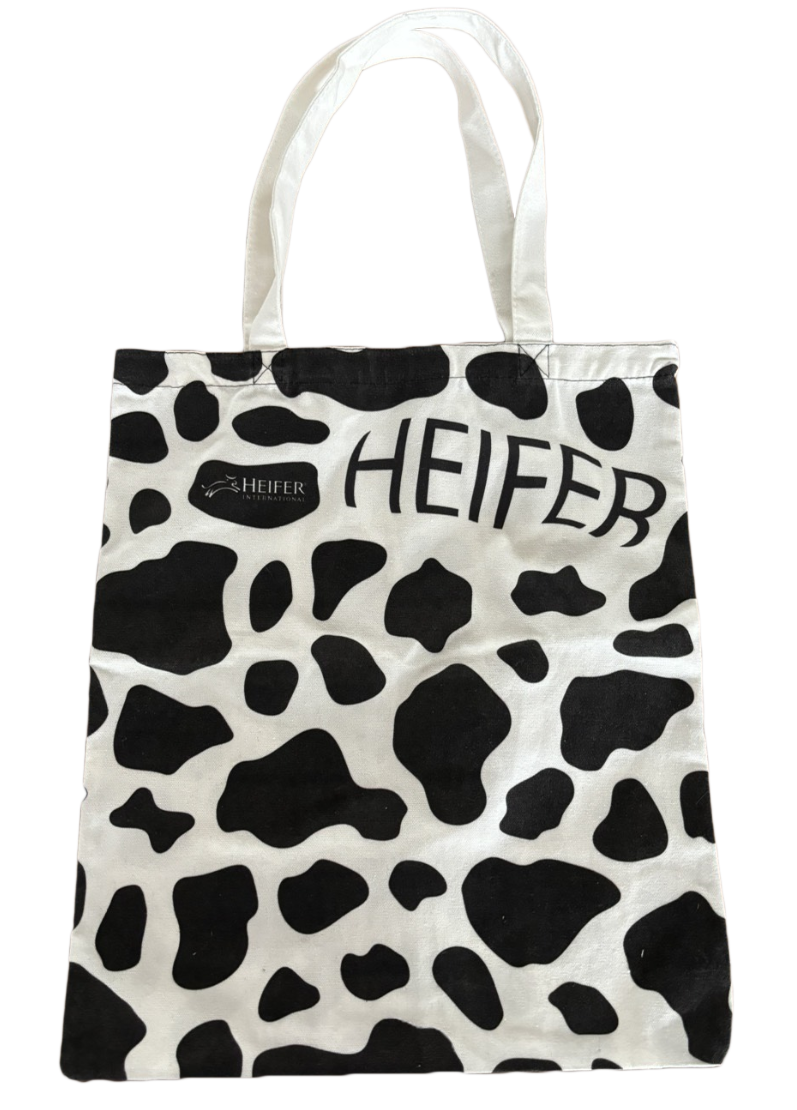
A FREE gift will be sent to supporters who choose to give a monthly gift.
Covering the transaction fee helps offset processing and administrative fees that we incur through taking payments online. Covering the transaction fee for each payment helps offset processing and administrative fees that we incur through taking payments online. Covering the transaction fee for each payment helps offset processing and administrative fees that we incur through taking payments online.

A FREE gift will be sent to supporters who choose to give a monthly gift.